Eco-responsible sailors
Some instructions to become an Eco-responsible Sailor!
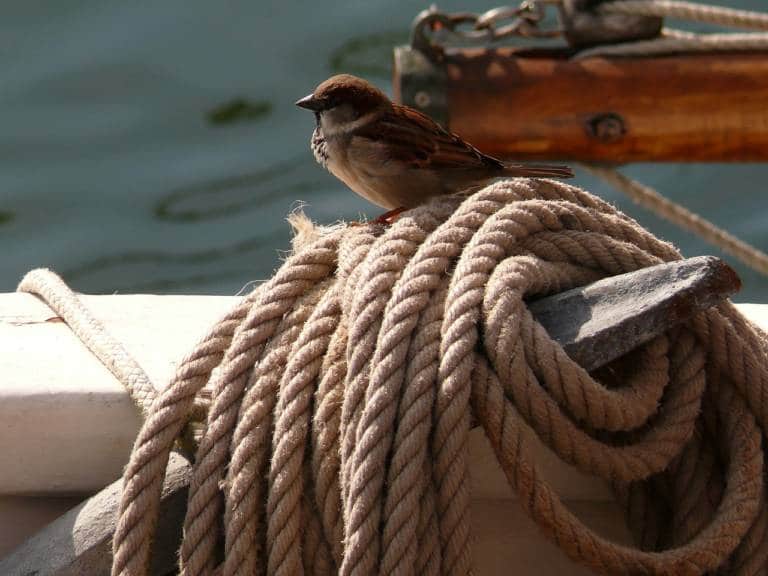
Sanitary and wastewater:
A sailor produces about 10 L of black water per day. By “black water” we mean water from toilets which is polluting. It encourages the proliferation of algae, plants and bacteria. Grey water is washing water. It contains additional products such as shower gel, dishwashing liquid, laundry detergent, etc… Their impact is also important because they contain chemicals.
- Use the sanitary facilities on the harbor when you are at the quay.
There are toilets on both sides of the harbor and a pump is available at the refueling station in the Vieux Port; - Use eco-labeled products of vegetable origin. Be careful, biodegradable does not mean harmless!
- Use marine toilets only away from swimming areas.
Water:
The Bouches du Rhône department is sensitive to drought. Water consumption must be controlled.
- Use automatic shut-off guns.
- Close the tap correctly to avoid dripping;
- Use flow reducers for all faucets.
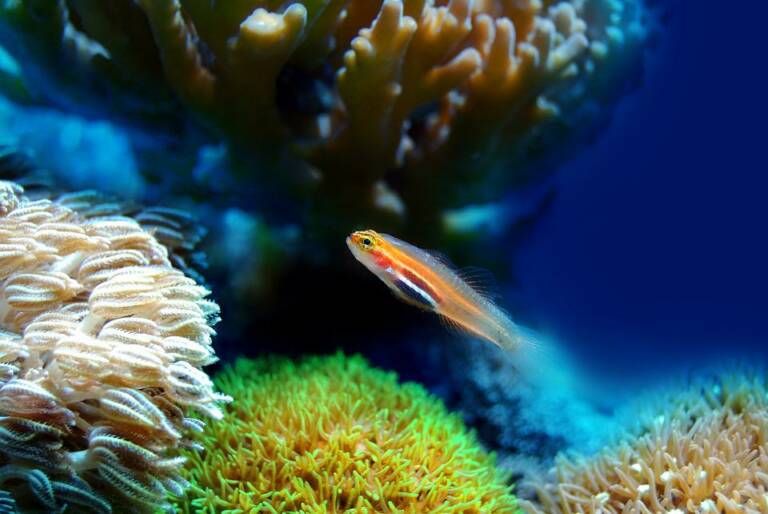
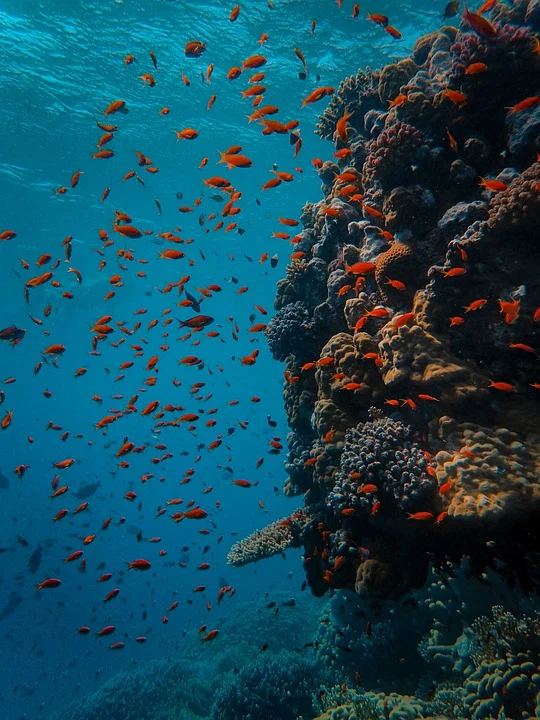
Electricity:
Using too much electricity is harmful to the environment as it emits large amounts of greenhouse gases responsible for global warming.
- Unplug your boat when you are not on board; safety
- Use low-energy appliances and LED bulbs.
Waste:
Make sure to respect the sorting instructions and reduce waste on board.
The Anse de la Réserveharbor has a clean point for hazardous waste, containers for household waste and sorting columns (glass/paper, cardboard/plastic) in the access lane.
You noticed any waste in the harbor? Notify the harbor office!
Hydrocarbons:
In the sea, hydrocarbons have a physical (smothering of habitats) and toxic (contamination of organisms) impact. They alter the aquatic fauna and flora.
- Maintain your engine to limit leaks and the presence of hydrocarbons in the bilge water (drain the bilge water in harbors equipped with specific pumps);
- Do not refuel on pontoons.
Fishing:
Recreational fishing is accessible to all but it is essential to know and respect the regulations.
- Respect the minimum catch sizes (FFPS regulations);
- • Follow the fishing regulations applied to the Calanques National Park;
- Respect the fishing periods. For example, sea urchin fishing is authorized in the Bouches du Rhône from November 1st to April 15th;
- Take attention not to damage protected species;
- Respect the safe distances from nets and fishing boats.
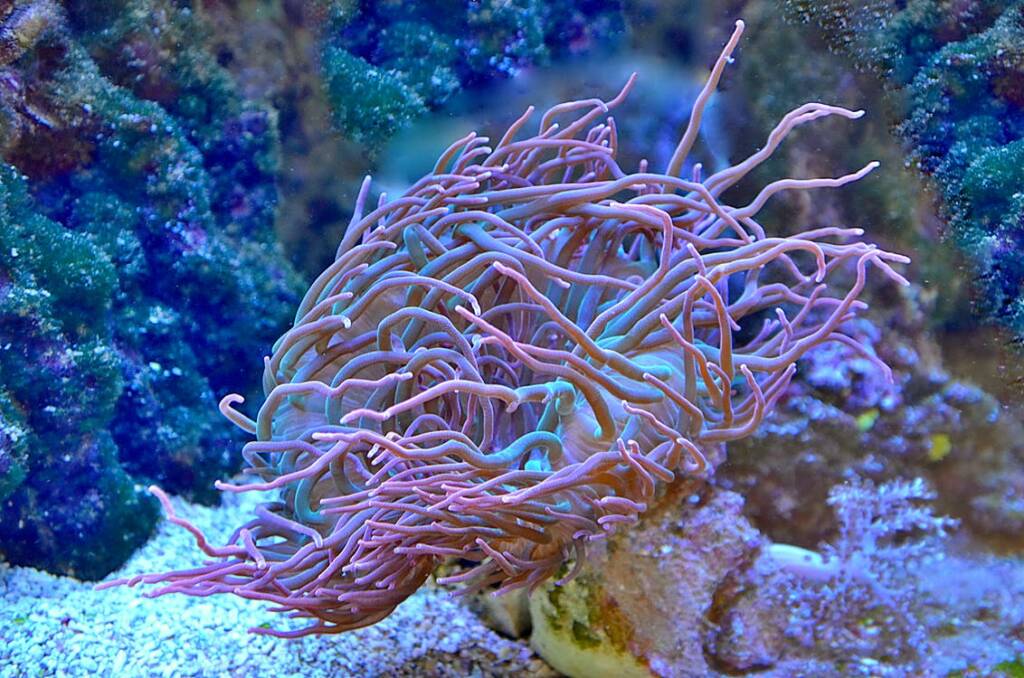
Anchoring:
Anchoring in the Mediterranean seagrass beds formed by Posidonia is an important cause of the regression of this key species which nevertheless provides us with many services.
- Anchoring on sandy bottom areas. The DONIA application offers a map to detect the seabed before dropping the anchor.
- Bring the anchor up to the boat.



